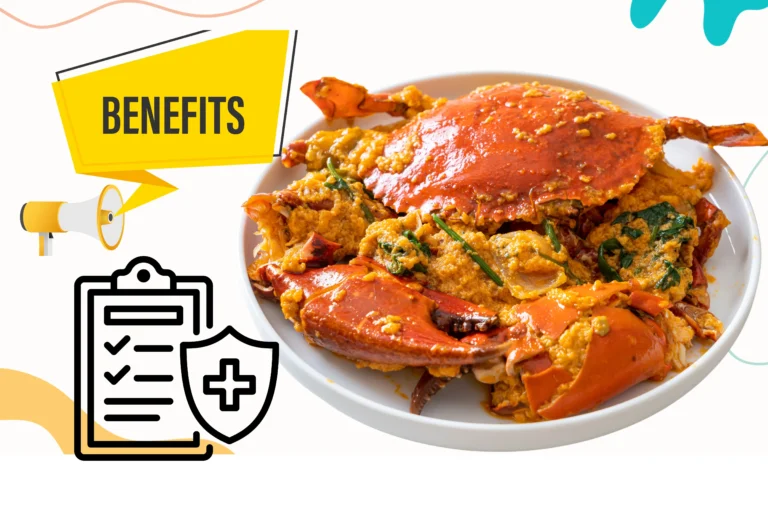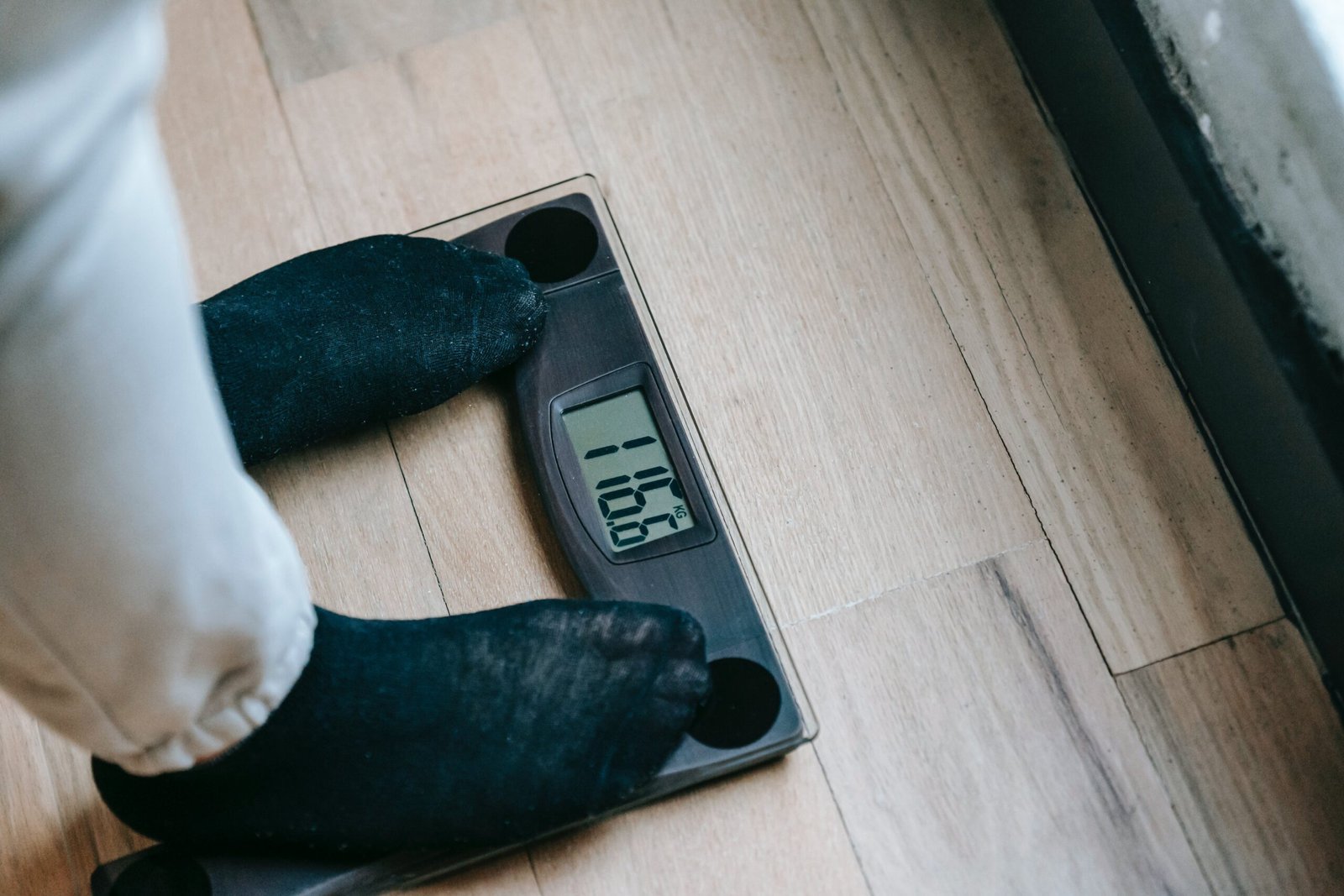Why Eating Crab Can Boost Your Health: A Comprehensive Guide
Introduction
Is crab healthy? This question often surfaces among seafood lovers and health enthusiasts alike. With its sweet, succulent meat, crab is not just a delicacy; it is packed with a variety of nutrients that can play an essential part in a balanced diet. But what exactly makes crab a healthy choice? Let’s dive deep into the nutritional benefits of crabs and how they contribute to overall health.
Nutritional Profile of Crab
Crabs are more than just a tasty treat; they are loaded with essential nutrients that our bodies need. Here’s what you need to know about the nutritional benefits of crab:
- Protein: Crab meat is an excellent source of high-quality protein, necessary for muscle development and repair.
- Vitamins: It is rich in vitamin B12, critical for nerve health and the production of red blood cells, and vitamin D, essential for bone health.
- Minerals: Crabs boast a wealth of minerals like zinc, which supports immune function, and selenium, an important antioxidant.
Heart Health and Crab Consumption
The omega-3 fatty acids found in crab meat are beneficial for heart health. These fats help to reduce blood pressure, decrease the risk of heart attacks, and improve overall cardiovascular health.
Grabbing a Healthy Heart with Crab
- Omega-3 Fatty Acids: are key for reducing inflammation and supporting heart health.
- Low in Fat: Crab is low in saturated fat, making it a heart-friendly food option.
Weight Management and Crabs
For those looking to maintain or lose weight, crab can be an excellent dietary addition. Being low in calories yet high in protein, it can keep you feeling full longer, aiding in weight management.
Why does crab help with weight loss?
- High Protein, Low Calorie: Ideal for a satisfying meal without the calorie overload.
- Metabolism Boost: The protein in crab can help to increase your metabolism, aiding in weight loss.
Crab in a Balanced Diet: How Much Is Too Much?
While crab is undeniably healthy, moderation is key to balancing its benefits with potential concerns, such as cholesterol content. Incorporating crab into your diet a couple of times a week can offer health benefits without overdoing it.
Balancing Crab Consumption
- Moderation Is Key: Enjoy crab as part of a varied diet.
- Watch for Additives: Be mindful of additional ingredients that can add unwanted calories and fats.
Choosing and Preparing Healthy Crab Meals
Selecting the right kind of crab and preparing it healthily is crucial to maximizing its health benefits. Here are some tips:
- Opt for Fresh, Wild-Caught Crab when possible, as they tend to be higher in nutrients.
- Steam or Boil the crab to preserve its natural flavors and nutrients without adding extra fat.
- Be Cautious with Condiments, like butter or mayonnaise-based sauces, which can add significant calories.
Conclusion
So, is crab healthy? Absolutely. Its rich nutritional profile, coupled with heart-friendly fats and potent minerals and vitamins, makes crab an excellent addition to any diet. By consuming crab in moderation and preparing it in a healthy way, you can enjoy all the benefits it has to offer.
FAQ: Is Crab Healthy?
Q: Can I eat crab if I’m on a diet?
Yes, crab can be a great addition to a diet, especially due to its high protein and low-calorie content.
Q: How often should I eat crab?
A: Enjoying crab a couple of times a week is a good way to incorporate its benefits without overindulging.
For more details on the health benefits of seafood and tips for a balanced diet, check out our Health and Nutrition Blog.
External Resources:
Crab: Are there health benefits? by webMD.com






